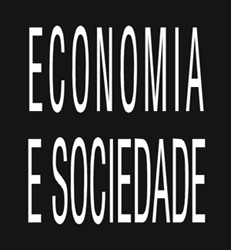This paper analyzes the relationship between macroeconomic policy and economic development and the political constraints of that relationship from 1995 until present day ( Cardoso, Lula and Dilma Rousseff). This analysis relies on the political economy approach, applying the concepts of financial domination, dependence and power blocs. By virute of this method, we assume that the adoption of certain economic policy is the result of: i) the external constraints (which, in Brazil, are coupled with the country's status as a peripheral and dependent economy) and ii) the constraints associated with the internal interaction and conflicts of economic and political interests of class fractions in the power bloc and its influence on the State. The paper concludes that recent changes to the power bloc between the end of the Lula administration and the beginning of the Rousseff administration gave the government greater autonomy, particularly in relation to the banking and financial sector, which was the hegemonic fraction in the power bloc. This context favors the resumption of development policies.
Financial domination; Dependence; Power bloc; Brazilian economy

 Economic policy during the Cardoso, Lula, and Rousseff administrations: financial dominance, power blocs and economic development
Economic policy during the Cardoso, Lula, and Rousseff administrations: financial dominance, power blocs and economic development

